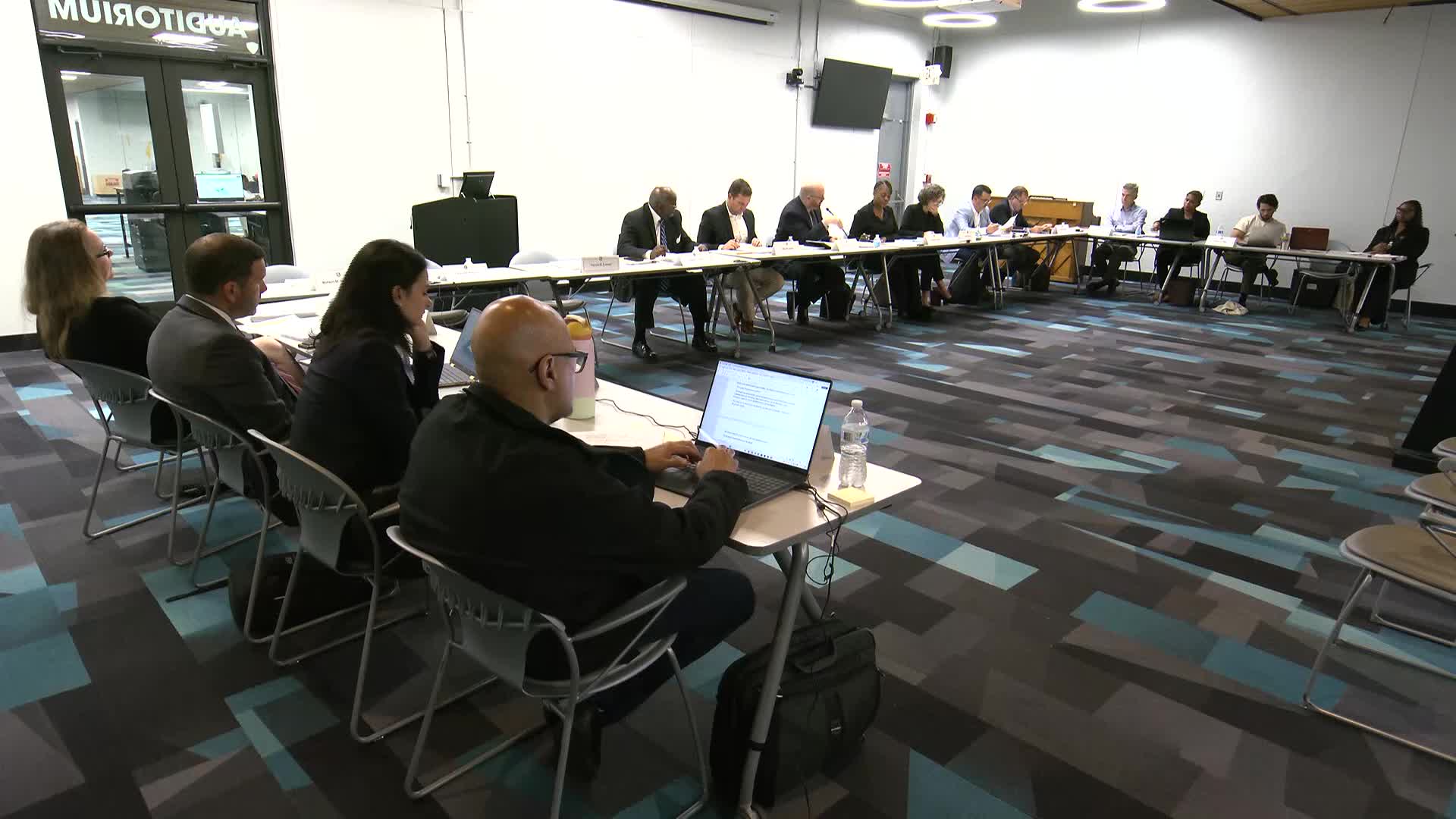Charter reviewers approve independent salary commission, add requirement for public hearings
Get AI-powered insights, summaries, and transcripts
Subscribe
Summary
The Miami-Dade County Charter Review Task Force voted to recommend an independent salary commission to set county commissioner pay and compensation rules, adding a requirement that the commission hold at least two public hearings before finalizing a review.
The Miami-Dade County Charter Review Task Force voted to recommend creation of an independent salary commission to set salaries and compensation for county commissioners, and amended the draft to require at least two public hearings before the commission finalizes any changes.
The action matters because county commissioner pay is currently fixed in the county charter at $6,000 per year; task force members and public speakers said that figure no longer reflects the time commissioners spend or the compensation needed to attract a broader range of candidates.
Commissioner Moss, who sponsored the revised independent salary commission proposal, argued the panel should be composed of appointees chosen by long-standing, credible offices to ensure impartiality. "I make that plea to the charter review task force, to try and make it simple, not to complicate it too much, and again to stick with individuals who will be making the appointments," Moss said during the discussion. The task force adopted Moss's motion with a friendly amendment requiring the commission to hold at least two public hearings prior to finalizing its review.
Debate at the meeting focused on several details that the task force left for later drafting: whether the ballot language should include a numeric ceiling or floor for pay, how benefits (medical, retirement, car allowances, expense accounts) would factor into any total compensation package, and whether county commissioners would remain eligible for outside employment. Task force members and staff noted that benefits are currently a significant part of total compensation and that the charter-based approach would allow Miami-Dade to set pay differently than non‑charter Florida counties.
A staff attachment shown at the meeting listed the current charter salary at $6,000 and an example benefits breakdown that included a $19,600 executive benefit package, a $11,430 car allowance, and $43,940 in other expense values — a total annual compensation example of $80,980. Task force members raised a hypothetical that, depending on the commission's determinations and applicable state law ceilings, the combined salary and benefits could approach higher figures, and asked staff to clarify drafting to avoid unintended outcomes.
The task force discussion also covered appointment logistics and potential legal limits on who may serve on the independent panel. The task force attorney cautioned that some appointments could raise dual-office-holding or independence issues for individuals who are themselves elected or charter officers, and that those details should be refined in final drafting.
The motion to approve the revised independent salary commission language with the amendment to require at least two public hearings carried after a roll-call-style voice vote (8 in favor, 1 opposed). The task force instructed staff to refine the ballot and enabling language to fit within drafting constraints for ballot summary text.
The task force did not set exact salary numbers; it recommended the new process and left final numeric determinations to the independent salary commission if voters approve the charter change. The task force also discussed timing for submitting a proposed amendment to the ballot but did not set a final ballot question at the meeting.
Meeting attendees who spoke during the debate included Commissioner Moss and the task force attorney; specific drafting follow-ups were assigned to staff for the next meeting.
